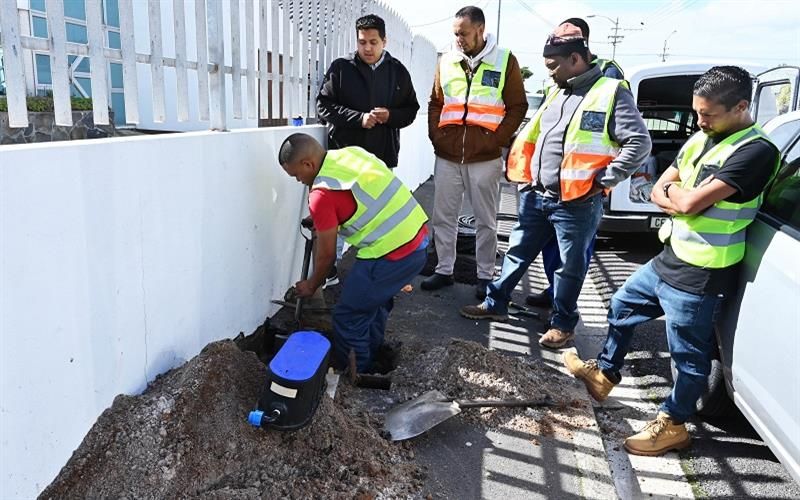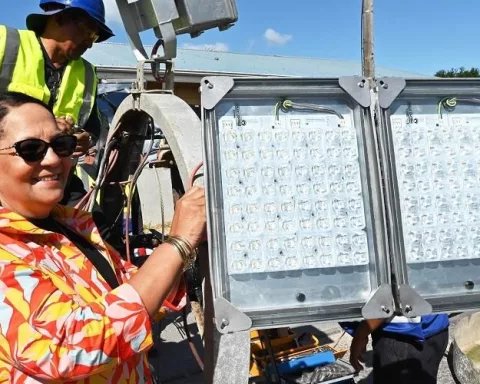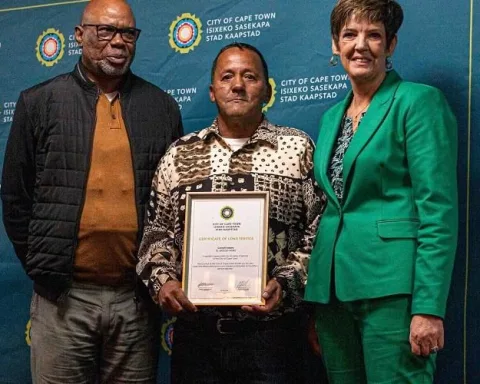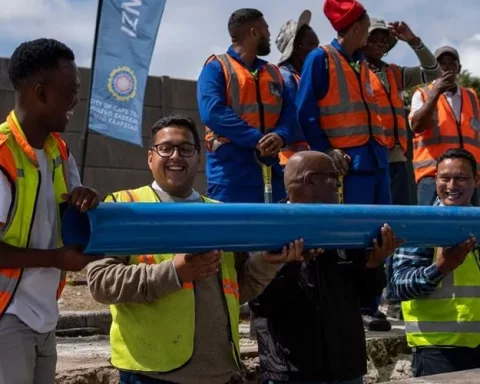Keeping track of water usage is essential for ensuring accurate billing, efficient water usage, and preventing water wastage. To achieve this, the City of Cape Town’s Water and Sanitation Directorate has launched a Water Meter Replacement Programme worth R108 million. The program aims to replace aging and malfunctioning water meters across the City, beginning in the 2020/2021 financial year.
Goals of the Programme
The Water Meter Replacement Programme ensures efficient water usage and accurate billing practices for the City’s residents. Additionally, the program aims to help residents monitor their water usage, detect leaks, and prevent water wastage.
Contractors’ Role in the Programme
To replace the water meters, the City has appointed contractors to visit properties and provide owners with an official City of Cape Town letter indicating the need for a replacement. In addition, the contractors will have a letter from the City on official letterhead, which residents can use to verify the validity of the work when contacting the City.
Installation and Accessibility of Water Meters
Meters will be installed in the most convenient position to ensure compelling meter readings. This could mean that meters inside customers’ properties will be moved outside for easy accessibility, providing regular meter readings. Property owners need to ensure that meters are accessible and unobstructed, and the replacement can be done when contractors visit the property if the meters are accessible. Where meters cannot be accessed, customers will have seven days to contact the contractor to arrange a suitable time for the replacement. If no response is received after this, the City will install a new meter outside the property.
Importance of Keeping Water Meters Up to Date
To ensure accurate billing, efficient water usage, and water wastage prevention, residents need to keep their water meters up to date. The City has provided information on how to read your water meter, including videos, on its website at www.capetown.gov.za/savewater. Residents still in doubt can contact the City using the details provided on the official letterhead to verify staff before allowing them onto their property.












